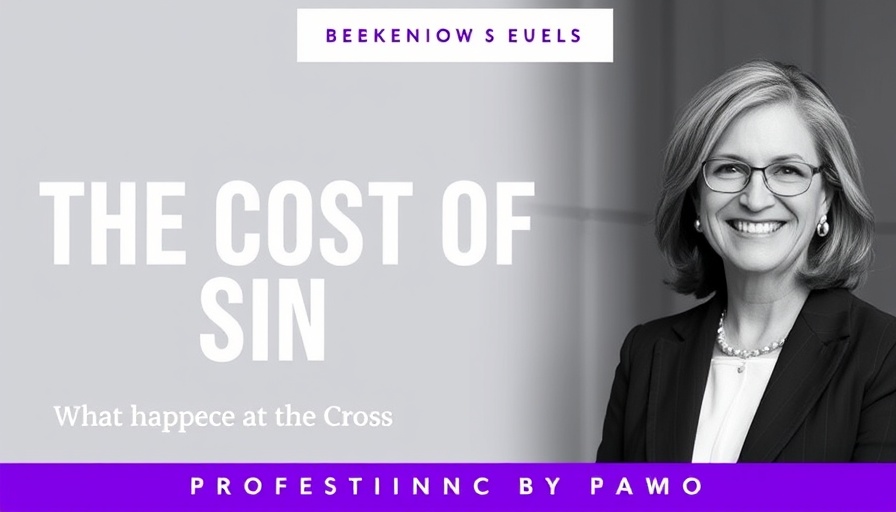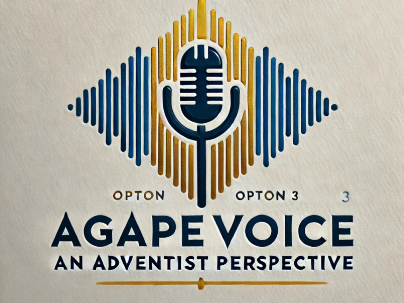
Understanding the Sabbath: A Historical Perspective
The observance of the Sabbath has been a contentious topic throughout Christian history, particularly in the context of the Seventh-day Adventist (SDA) faith community. Typically, the Bible presents the Sabbath as a day of rest, instituted by God from the very beginning (Genesis 2:2-3). However, in early Christianity, the shift toward Sunday observance began, influenced largely by cultural and theological developments.
The Biblical Basis for Sabbath Observance
In the Biblical context, Exodus 20:8-11 commands believers to remember the Sabbath day and keep it holy, emphasizing that it is a day of rest. This directive has motivated SDA congregations to advocate for a literal interpretation of the Sabbath. Despite this, the New Testament contains substantial discussions about the Sabbath, often highlighting Jesus' view on its observance. For example, Jesus stated that "The Sabbath was made for man, not man for the Sabbath" (Mark 2:27), suggesting that the true intent of the Sabbath transcends rigid traditional rules.
The Conflict: Sabbath vs. Sunday
The transition from Sabbath to Sunday was not abrupt but was shaped by theological shifts and the early Church's desire to distinguish itself from Judaism. This conflict re-emerged as Christianity spread, leading to mixed observance of the Sabbath and Sunday among various Christian denominations. Adventists affirm that the change from Saturday to Sunday was an unwarranted alteration of divine expectation and stress that this practice diminishes the original importance of the Sabbath as a commandment from God.
Counterarguments and Diverse Perspectives
While many in the SDA community assert that keeping the Sabbath holds significant spiritual value, other denominations point to Colossians 2:16-17, which states that no one should be judged in regard to a festival or a new moon or Sabbath days, interpreting this as a sign that the Sabbath is not a binding commandment for Christians today. Such counterarguments reflect a broader theological and doctrinal diversity that has emerged over centuries.
The Relevance to the Faithful
For members of the SDA faith community, the question of whether to observe the Sabbath on Saturday or to honor Sunday as a day of worship fuels an ongoing internal dialogue regarding faith and practice. This conflict should invite rigorous theological examination rather than division within the Christian community. Emphasizing fellowship, understanding, and respectful discourse among different beliefs can foster unity rather than foster conflict.
What This Means for Believers
This ongoing debate is not simply about days of worship but speaks to the heart of Christian identity and practice. Understanding the complexities behind Sabbath observance can help deepen one’s faith and enhance the collective spiritual experience within the church community. As such, each believer is encouraged to engage with Scripture, explore theological arguments, and connect with fellow believers to navigate the intricacies of this discussion.
A Call for Thoughtful Engagement
While the pushes and pulls of denominational changes present challenges, they also open opportunities for deeper faith exploration. Adventists and other Christians alike are invited to reflect on how these issues impact the spiritual lives of Christians today. Find ways to embrace discussions about Sabbath and Sunday that are rooted in Scripture and foster understanding, so that we can work toward a more unified Christian witness, grounded in love and respect.
 Add Row
Add Row  Add
Add 




 Add Row
Add Row  Add
Add 


Write A Comment